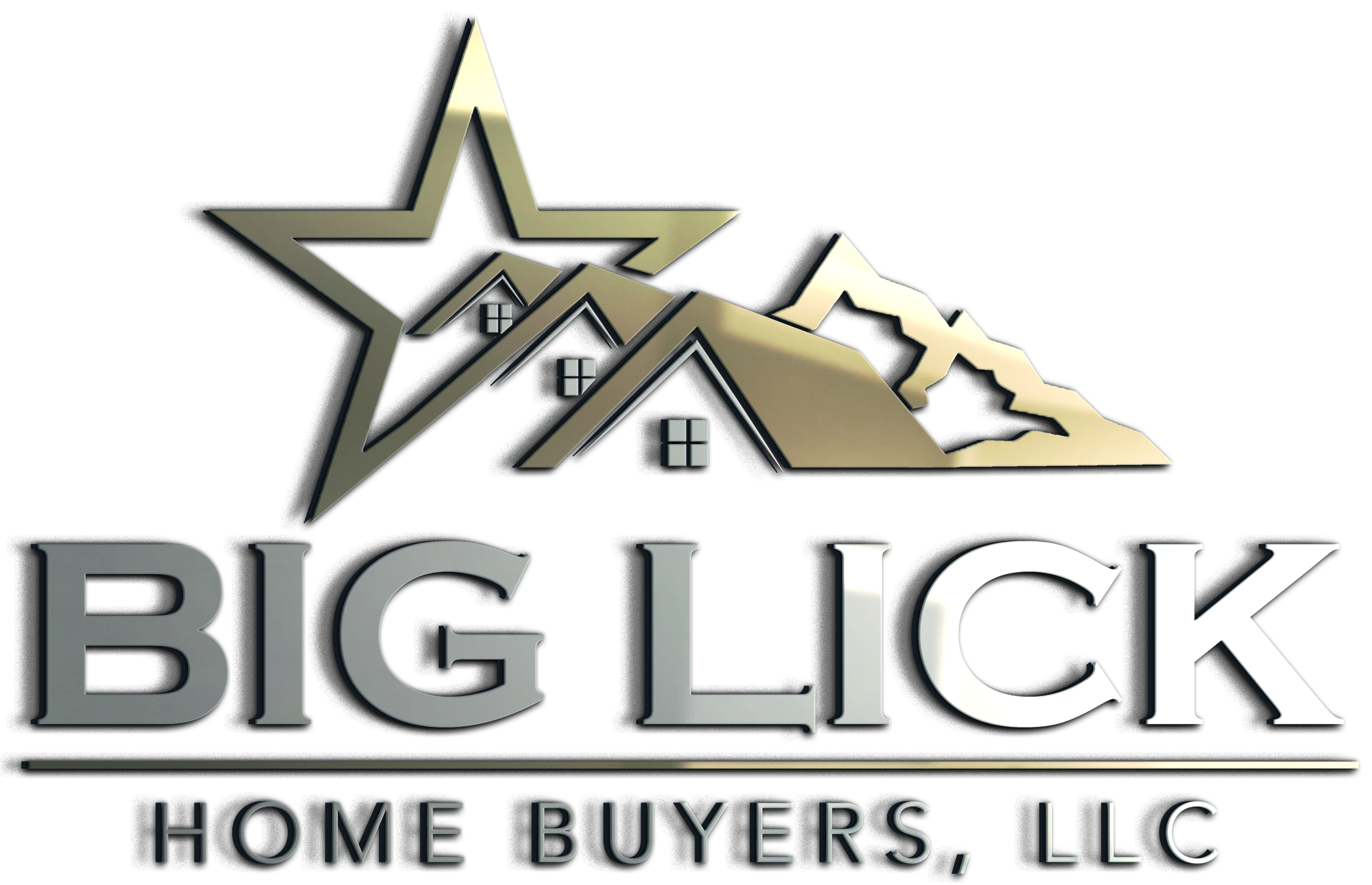Selling a home can take different routes depending on your priorities, available time, and the financial aspects you’re willing to manage. Two popular options are traditional home sales and quick cash offers. Both approaches have their unique timelines, cost considerations, and overall seller experiences. Understanding which path aligns best with your objectives can help you achieve a smoother transaction in the end.
Understanding How Traditional Home Sales Work
Opting for a standard listing approach usually involves preparing the property for interested buyers. This can mean enhancing curb appeal, scheduling showings, and negotiating with potential purchasers. A key aspect of this process is market exposure, as the property might be showcased to a wide audience, potentially increasing the chance of multiple offers. However, this visibility also brings the need to keep your home “show-ready” for a potentially extended period, depending on local market conditions and a variety of economic factors.
Within this method, offers typically come with financing contingencies that can slow the pace from negotiation to closing. A thorough home inspection may also lead to renegotiations over repair costs. Although these extra steps might seem time-consuming, they allow sellers to connect with a broad range of prospective buyers who are seeking the ideal property.
What to Expect from Quick Cash Offers
Quick cash offers present an alternative for those who prioritize certainty and a streamlined process. Because financing is not involved, you can often skip steps such as waiting for loan approvals or dealing with potential lender delays. Many cash buyers focus on creating a smooth experience for the seller, typically aiming to prevent back-and-forth negotiations that could prolong the process.
This route is often favored by individuals who wish to sell their homes promptly and without extensive updates. If you need to relocate on short notice or simply wish to avoid the added costs of prolonged ownership, quick cash offers can shorten the waiting period significantly and help you close on your schedule.
Timeframes and How They Differ
If speed is your top priority, looking at typical timelines can be illuminating. The national average time it takes to sell a home on the open market can range from 65 to over 90 days, depending on factors like location and economic conditions. This estimate includes the time from listing to closing, capturing the mortgage approval stage and any required inspections.
On the other hand, a cash transaction might finalize in a couple of weeks if both parties are motivated. By removing mortgage underwriting steps and making the closing process more straightforward, quick cash offers can cut significant time from the overall timeline. For sellers facing deadlines—such as a job relocation or pressing personal obligations—this accelerated approach can be incredibly appealing.
Costs to Consider
Cost structures can vary widely when selling a home. In a standard listing scenario, you may need to spend money on pre-sale repairs and optional upgrades to draw in buyers and optimize the property’s appeal. Additionally, closing costs have been known to run around 3–6% of the sale price in many states. These costs might encompass title insurance, transfer taxes, and other fees involved in transferring property ownership.
A quick cash offer simplifies many of these pricing concerns. Because the process is more direct and often involves fewer intermediaries, some of the costs associated with listing and negotiating may be reduced or eliminated. Even so, sellers should keep in mind that receiving cash quickly can sometimes lead to a more modest offer. Weighing any potential lower offer against the expenses and waiting period of a typical listing can help clarify which path provides the best financial outcome.
Determining the Right Fit for Your Situation
Deciding which route to take ultimately comes down to defining your individual objectives. If you have the flexibility to wait for the highest possible offer or enjoy the process of prepping and showcasing your property, a traditional home transaction could be a great fit. On the other hand, if you need to sell quickly or simply want to minimize ongoing costs like utilities, taxes, and property maintenance, a cash offer might bring welcome relief.
Keep in mind that your own timeline, financial targets, and comfort level with various selling processes should guide your choice. A bit of self-reflection about your immediate goals and constraints can clarify which path suits you best. No matter which you pick, being informed about the advantages and limitations of each approach allows you to move forward confidently.
Where to Learn More
If you’re considering a quick cash offer and want a smooth transition, take a look at how we help homeowners at Big Lick Home Buyers. Our dedicated team strives to simplify the process so you can move forward without the usual delays. By talking to experienced professionals, you can gain more insight on what approach comfortably fits your priorities.
Whether you opt to sell your property using a conventional method or decide that a quick cash offer best meets your needs, planning and research can go a long way toward achieving a positive experience. There’s no one-size-fits-all answer. Your ideal path will be shaped by your timeline, budget, and the challenges—big or small—you’re willing to manage. Having clarity on these details allows you to make the soundest decision for your situation and paves the way for a successful home sale.

